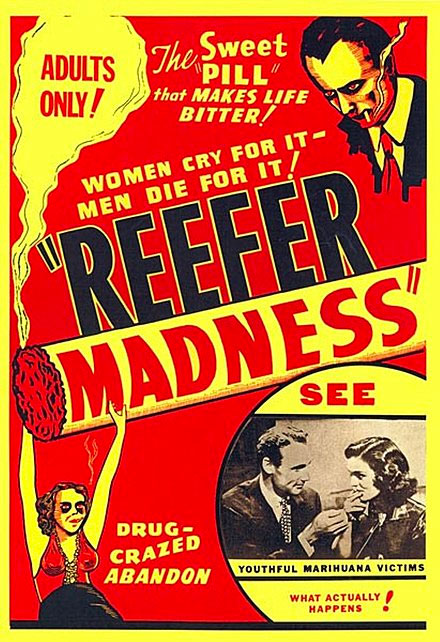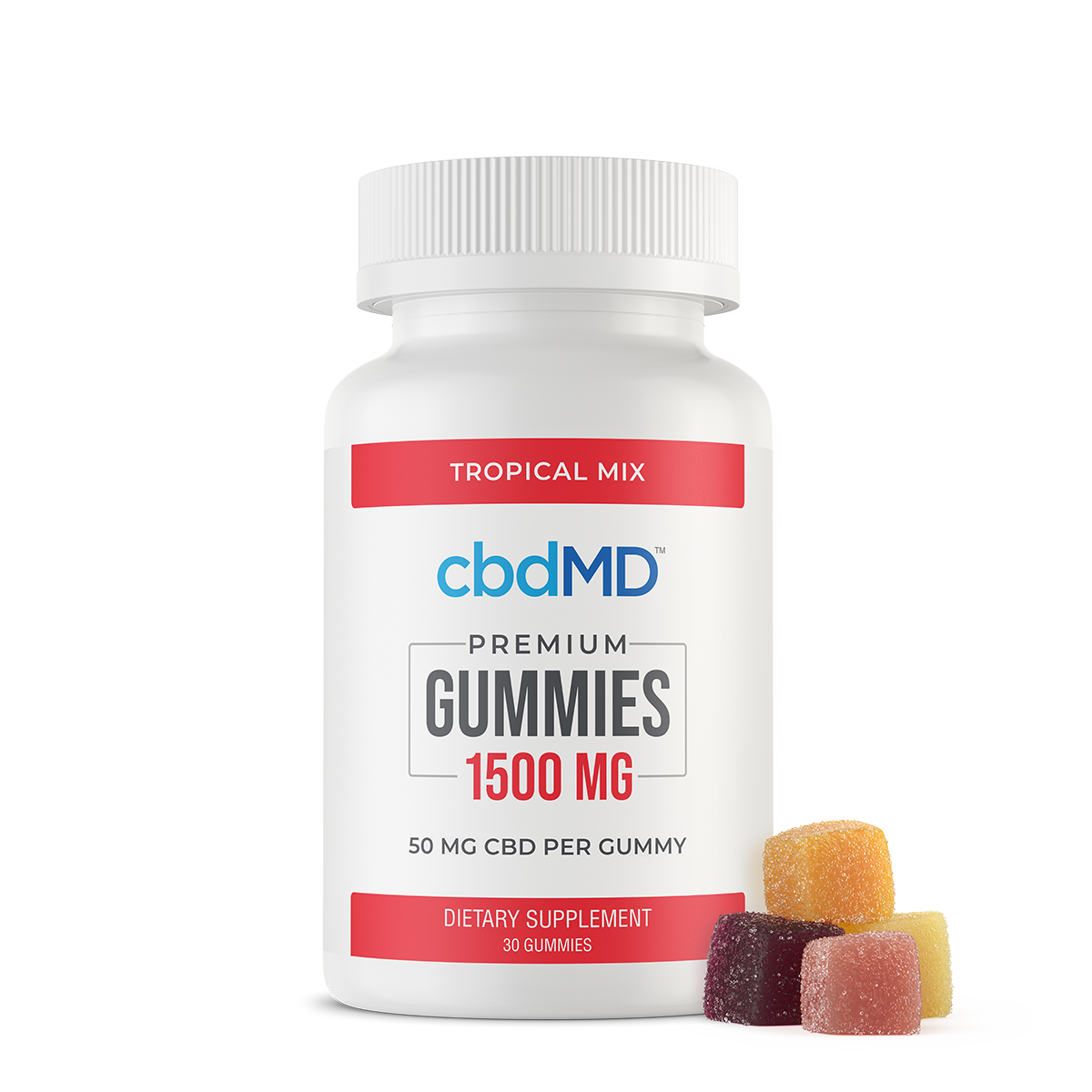July is National Hemp Month, where we celebrate one of the world’s most useful and versatile plants. Let’s get one myth out of the way immediately: Hemp is not the same as Marijuana. Even though hemp and marijuana both come from the cannabis plant, they are not the same. Beyond the many differences in how they are grown, the most crucial difference is that industrial hemp contains only the smallest possible trace of THC.
The United States government defines hemp as “a cannabis sativa plant that has less than 0.3 percent THC by dry weight.” And in 2018 the U.S. passed the landmark Farm Bill that allowed for hemp-based products like CBD to enter the mainstream. There has been an explosion of hemp-based products, like CBD for sleep-aid and CBD gummies.
How Did We Get Here – Some Hemp History
Hemp was actually a big deal in early America. As an example, hemp production made up a large portion of antebellum Kentucky’s economy. It was a “cash crop” because rope and fabric from Hemp worked so well.
“…by 1850 nearly 17 million acres of hemp were planted across the nation. To put that into perspective, there were only 78,200 acres worth of hemp planted in the US in 2018 – talk about a fall from grace.” 1
The reason for Hemp’s fall in the United States? A perfect storm of propaganda and greed.
In 1936, a short film was made to warn young people about the dangers of marijuana. It was titled “Reefer Madness.” This movie has actually gained a cult following merely for satirical purposes because of the cheesy way it details marijuana leading high school students into a life of addiction, crime and murder. But at the time, it was effective.
While Hemp was getting a bad rap with many adults across the nation, it was the opportune time for its competitors to strike. Producers of rope and other textiles, such as the Hearst and Dupont families, began a campaign to destroy the hemp industry.

Photo Credit: WikiPedia
“Another claim is that Mellon, Secretary of the Treasury and the wealthiest man in America at that time, had invested heavily in DuPont’s new synthetic fiber, nylon, and believed that the replacement of the traditional resource, hemp, was integral to the new product’s success.” 2
In 1937, the Marijuana Tax Act was passed, which levied huge taxes on anyone caught dealing in hemp. This killed the hemp industry in the U.S.
But we would come crawling back to hemp, even if it was briefly.
World War II broke out. We needed all of the supplies we could muster. The United States made an about-face in 1942 and started the “Hemp for Victory” campaign which encouraged farmers to grow the plant as much as possible – it needed to be used for uniforms, canvas, and ropes.
Once the war ended, hemp’s competitors went right back to lobbying against it. And successfully. Hemp disappeared.
Science Brings Hemp Back
Science has always been a friend to hemp. Researchers in other countries were discovering and analyzing a compound in hemp known as cannabidoil (CBD). They discovered that CBD influences well-being.
There were many tests and positive evidence that challenged previous ideas about cannabis. Hemp finally got some good press coverage, enough that the U.S. passed the Farm Bill in 2018 allowing for hemp-based products like CBD to enter the mainstream.
Questions
Does Hemp get you High?
No. Hemp is technically cannabis, but it contains less than 0.3 percent THC, which is well below the amount it would take to feel any sort of “high.”
This is why hemp-based products like CBD oil have become so popular – because they allow you to experience the potential benefits of hemp without the risk of intoxication.
With that said, the small amount of THC in hemp can be extracted and purified to the point of being intoxicating if you take enough of it. So if you’re choosing a product with THC or anything called “hemp extract,” be sure to look at the exact components on the label or on lab-test results.
Is it Legal?
Therefore, hemp is legal in the United States.
What about hemp-derived cannabinoids?
This is tricky. Yes, the federal government legalized hemp. But there are now hemp products that utilize intoxicating cannabinoids, like delta-8 THC. Some states are looking into outlawing all hemp-derived cannabinoids except CBD. Be sure to check with your state.
What else is hemp used for?
Hemp is an all-purpose tool. It can be used for rope and cordage, clothing, bags, fabric, food, paper, shoes and even insulation. There’s also ongoing research into hemp as a biofuel.
Celebrate National Hemp Month
Without hemp, there is no CBD. And we celebrate National Hemp Month to encourage awareness for such a useful plant.
1 cbdMD



